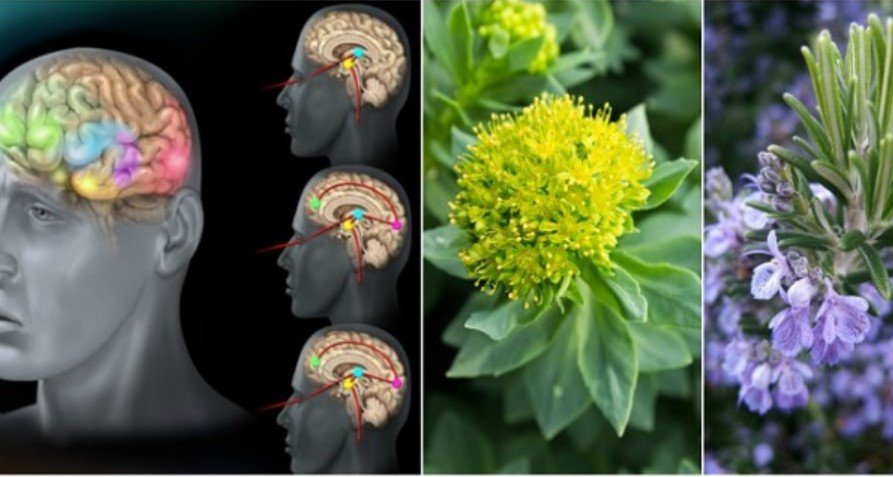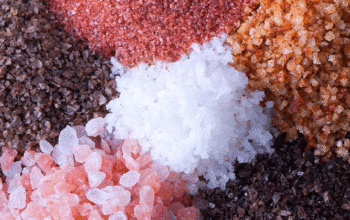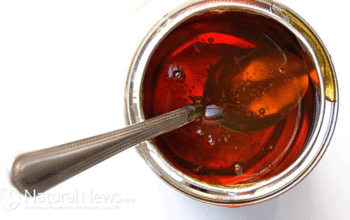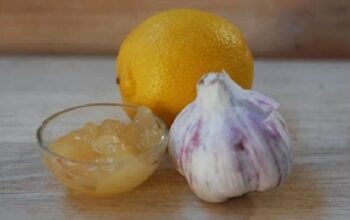Anxiety disorders affect millions of people worldwide, causing significant disruption to daily life and overall well-being. While conventional medications can provide relief, they often come with unwanted side effects and potential dependency issues. As a result, many individuals are turning to natural alternatives, particularly herbal remedies, to manage their anxiety symptoms.
Understanding Anxiety: A Complex Mental Health Challenge
Anxiety disorders are more than just temporary worry or fear. They represent persistent, overwhelming emotions that can interfere with daily functioning. These conditions include generalized anxiety disorder (GAD), panic disorder, social anxiety, and other related mental health challenges. Traditional treatments typically involve pharmaceutical interventions like selective serotonin reuptake inhibitors (SSRIs) and benzodiazepines, which, while effective for some, can produce significant side effects such as:
- Weight gain
- Sexual dysfunction
- Drowsiness
- Potential dependency
- Emotional numbness
The Rise of Herbal Remedies for Anxiety
Herbal medicine, or phytotherapy, offers a promising alternative for those seeking natural anxiety relief. These botanical treatments have been used for centuries in traditional healing practices and are now gaining scientific validation through modern research. The appeal of herbal remedies lies in their potential to provide relief with fewer side effects compared to conventional pharmaceuticals.
Top Anti-Anxiety Herbs: Nature’s Potential Solution
Kava: The Pacific Island Anxiety Reducer
Native to the Pacific Islands, kava has demonstrated significant anxiolytic properties. Clinical studies have shown its potential to reduce anxiety symptoms, with some research indicating comparable effectiveness to prescription medications. However, users should be cautious about potential liver toxicity and consult healthcare professionals before use.
Ashwagandha: The Adaptogenic Stress Reliever
An important herb in Ayurvedic medicine, ashwagandha is renowned for its adaptogenic properties. Multiple studies have demonstrated its ability to reduce cortisol levels and manage stress. Research suggests it can significantly lower anxiety scores and improve overall mental well-being.
Valerian Root: Natural Sedation and Anxiety Relief
Valerian root has long been used to promote relaxation and reduce anxiety. Its sedative properties can help individuals struggling with anxiety-related sleep disorders. While research is ongoing, some studies indicate its potential as a mild anxiolytic treatment.
Chamomile: Calming Comfort in a Cup
Beyond being a soothing tea, chamomile contains compounds that may help reduce anxiety symptoms. Its mild sedative effects can promote relaxation and potentially decrease overall stress levels. Many people find chamomile an accessible and gentle approach to managing mild anxiety.
Lavender: Essential Oil for Emotional Balance
Lavender, particularly in its essential oil form, has shown promising results in anxiety reduction. Clinical studies suggest it can help manage anxiety symptoms, with some research indicating its potential efficacy comparable to certain pharmaceutical interventions.
Safety and Considerations
While herbal remedies offer exciting potential, they are not without risks. Potential interactions with existing medications, individual variations in response, and possible side effects mean that consultation with a healthcare provider is crucial. Factors to consider include:
- Individual health history
- Current medications
- Potential allergic reactions
- Appropriate dosage
- Quality and source of herbal supplements
Conclusion: A Holistic Approach to Anxiety Management
Herbal remedies represent a promising avenue for those seeking natural anxiety relief. However, they should be viewed as part of a comprehensive approach to mental health that may include therapy, lifestyle modifications, and, when necessary, conventional medical treatment. Always prioritize professional medical advice and individual health needs when exploring these natural alternatives.
As research continues to evolve, our understanding of herbal anxiolytics will undoubtedly expand, offering hope to those seeking gentler, more holistic approaches to managing anxiety.





